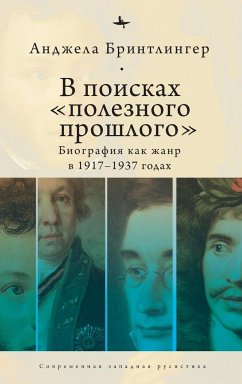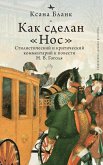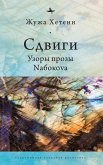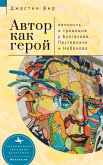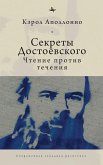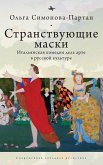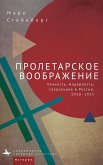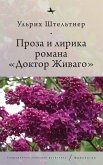Writing a Usable Past argues that in the twenty years following the Bolshevik Revolution, writers seeking to understand the role of man in human history looked to literary heroes from past eras. Each in his own way, authors Iurii Tynianov, Vladislav Khodasevich, and Mikhail Bulgakov turned to the genre of biography-novels, literary biographies, plays?in search of a hero for their own time. As biographers, they each then felt the pull of the centenary commemoration of the Russian poet Alexander Pushkin and entered into the competition to claim Pushkin as a symbol of Russian culture. The split in Russian culture between those who remained in Soviet Russia and those who became part of the far-flung diaspora creates a fascinating way to explore the role of biography for this contested era.
Hinweis: Dieser Artikel kann nur an eine deutsche Lieferadresse ausgeliefert werden.
Hinweis: Dieser Artikel kann nur an eine deutsche Lieferadresse ausgeliefert werden.

